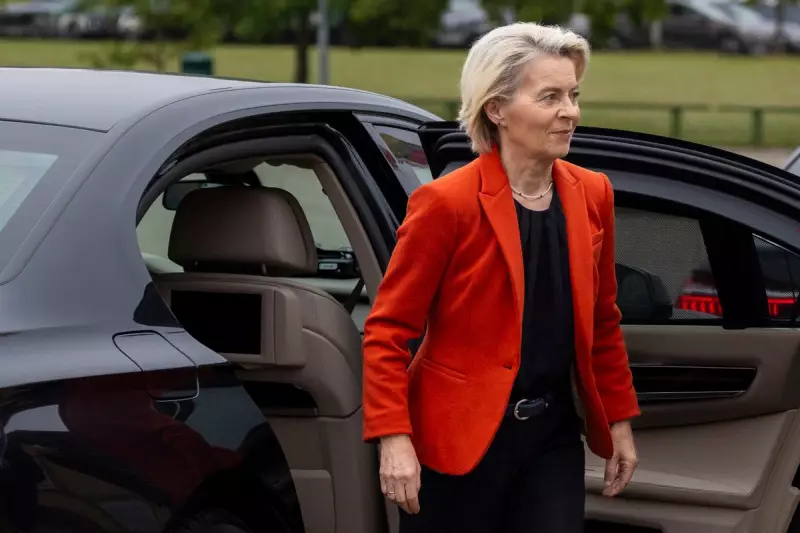
European Commission President Ursula von der Leyen has ignited a fierce diplomatic firestorm following controversial remarks made during a visit to Bulgaria, where she alluded to the presence of 'mafia structures' in the country.
The comments, delivered at an international forum in the capital Sofia, have drawn immediate and sharp condemnation from both Bulgarian officials and the Russian government, escalating into a significant international incident.
Controversy Erupts in Sofia
Speaking at the Three Seas Initiative summit, von der Leyen praised Bulgaria's economic potential before making a stark warning. She stated that the country's progress was being hampered by 'corrupt structures and mafia networks' that have plagued its institutions for years.
The unexpected characterisation of Bulgaria's political and economic landscape sent shockwaves through the audience and immediately dominated local news cycles.
Swift International Condemnation
The reaction was swift and severe. Russian Foreign Ministry spokeswoman Maria Zakharova led the charge, accusing the EU chief of 'blatant disrespect' and 'neo-colonialism' towards a sovereign nation.
Zakharova's statement framed von der Leyen's words as evidence of Brussels' arrogant approach to Eastern European member states, suggesting it revealed the EU's true view of Bulgaria as a 'second-class' member.
Bulgarian Officials Express Outrage
Within Bulgaria, politicians across the spectrum expressed outrage. Former Prime Minister Boyko Borissov denounced the comments as 'unacceptable insults' that disrespected the Bulgarian people and their efforts to combat corruption.
The controversy comes at a delicate time for Bulgaria, which has been working to address EU concerns about judicial reform and organised crime while navigating complex energy politics amid the war in Ukraine.
Broader Implications for EU Diplomacy
Analysts suggest this diplomatic misstep could have lasting repercussions for von der Leyen's leadership and EU relations with Eastern European member states. The incident highlights the delicate balance required when addressing sensitive issues of corruption within member nations.
As the diplomatic fallout continues, all eyes are on Brussels and Sofia to see how this breach will be managed and what impact it might have on Bulgaria's position within the European Union's political landscape.





